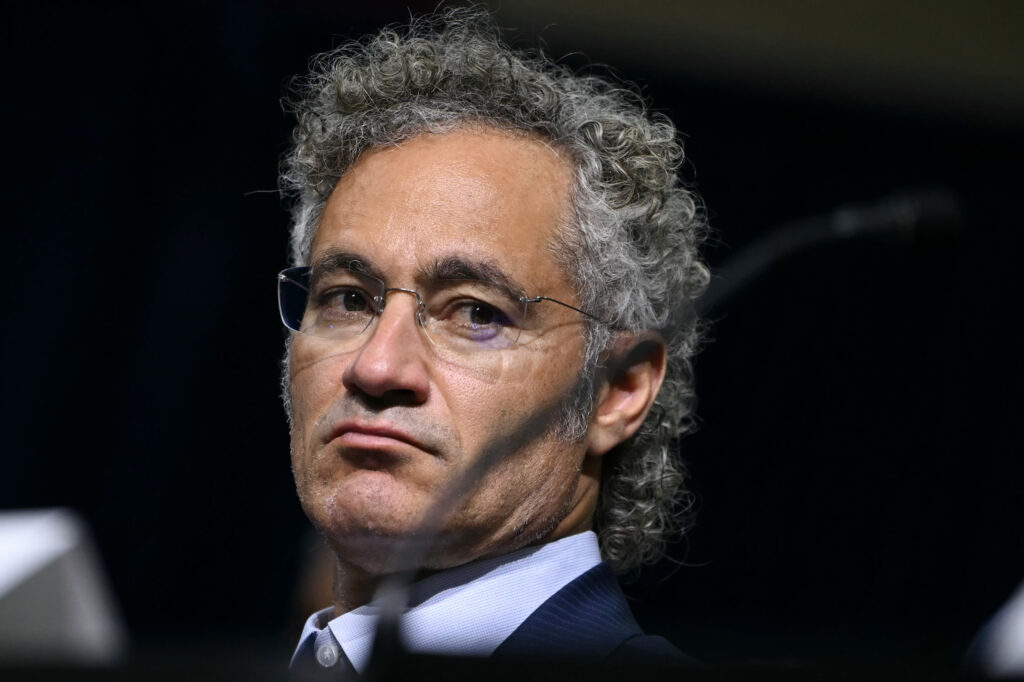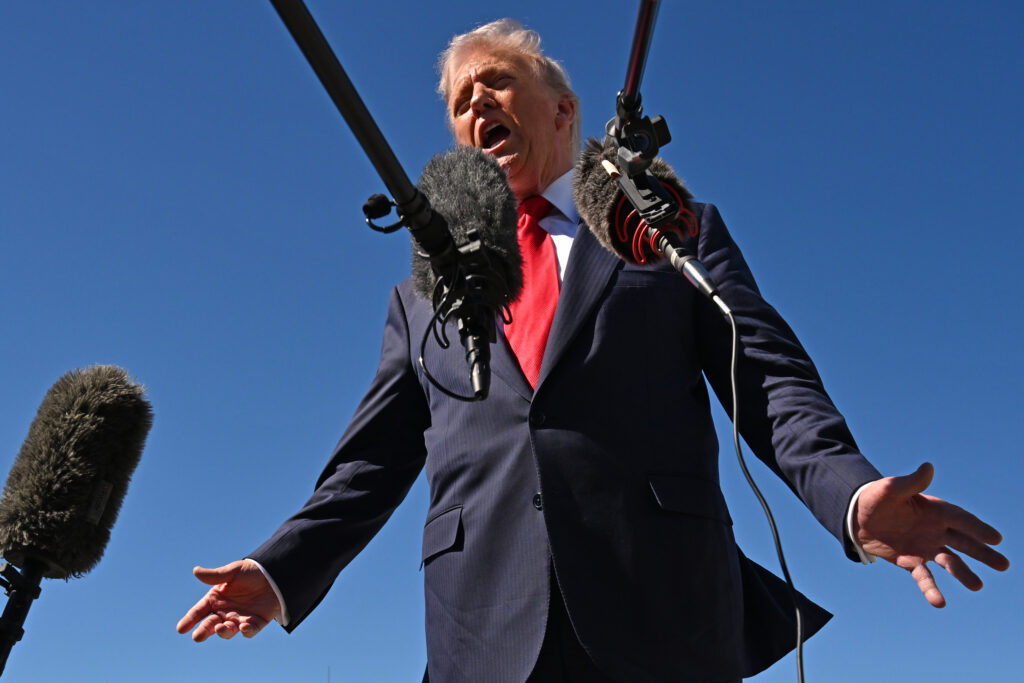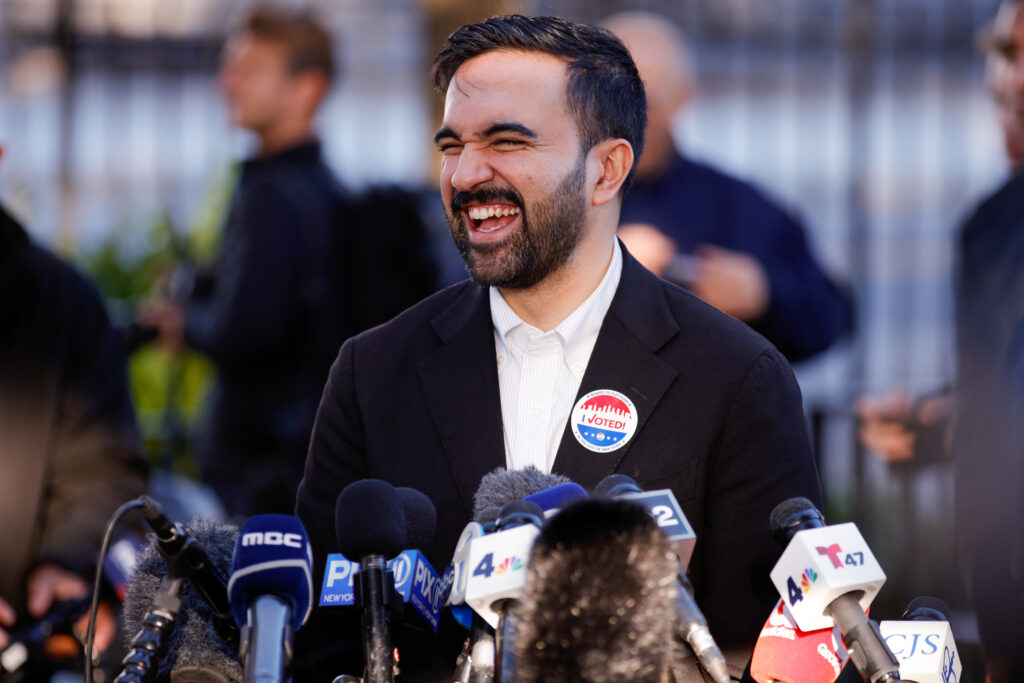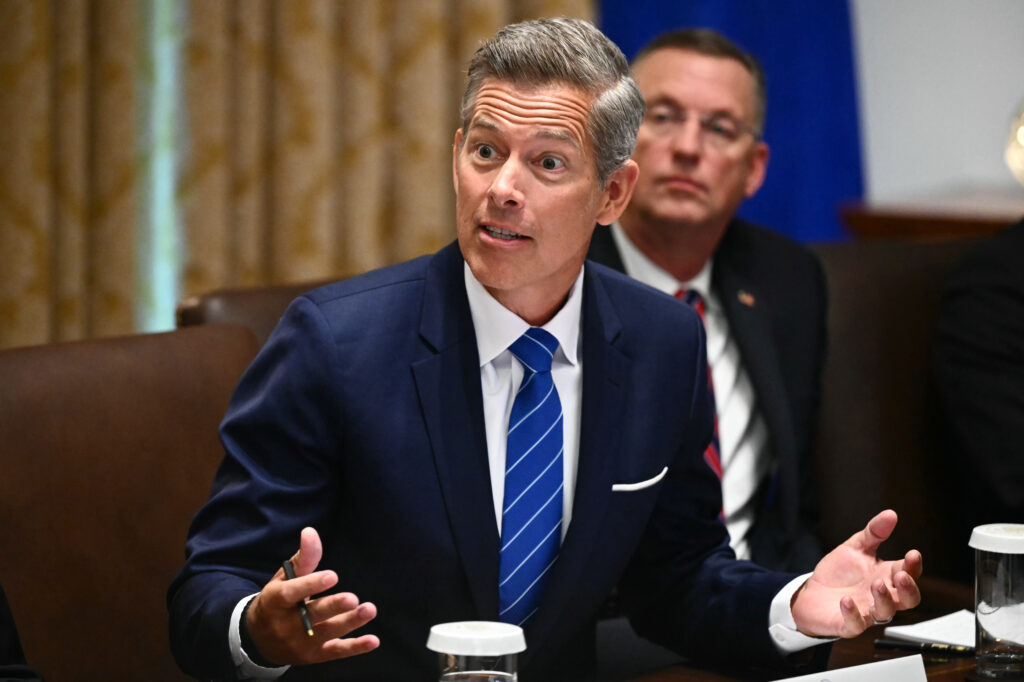New lawsuit alleges Spotify allows streaming fraud
A new lawsuit alleges streaming giant Spotify turns a blind eye to vast networks of bots that inflate streaming figures to benefit megastars such as Drake at the expense of lesser-known artists.The legal action, filed in a US federal court on Sunday, claims the Canadian rapper gets millions of dollars in revenue from such fake streams, while Spotify garners significant commercial value from appearing to have more users than it really does.”This mass-scale fraudulent streaming causes massive financial harm to legitimate artists, songwriters, producers and other rightsholders,” says the lawsuit, filed by rapper RBX — Snoop Dogg’s cousin.Spotify uses a pro-rata model to pay artists from a central pot of income derived from subscriptions and advertising.Inflated streaming figures for high-profile performers would therefore diminish the proportion of money available for other artists.”Data analysis shows that billions of fraudulent streams have been generated with respect to songs of ‘the most streamed artist of all time,’…professionally known as Drake,” the suit says.”But while the streaming fraud with respect to Drake’s songs may be one example, it does not stand alone.”The class action suit — in which Drake is not named as a defendant and which does not allege any wrongdoing on the part of the “One Dance” hitmaker — is “brought on behalf of Plaintiff and a similarly situated class of music recording artists, song writers, performers, and other music rights holders.””Plaintiff gives a voice to more than one hundred thousand rightsholders who, among other things, may be unable or too afraid to challenge Spotify, a powerful force in the music business whose failure to act has caused significant problems and great financial harm.”Spotify is the only defendant named in the suit, which focuses on the company’s alleged unwillingness to clamp down on fraud.”To satisfy constant pressure from shareholders to grow the business and increase stock prices, Spotify needs an ever-expanding population of users to engage on its platform,” the suit says.”The more users (including fake users) Spotify has, the more advertisements it can sell, the more profits the company can report, all of which serves to increase the purported value delivered to shareholders.”The suspicion of streaming fraud has beset services like Spotify since they displaced downloads as the main way music is consumed.A company spokesperson told AFP that they were unable to comment on pending litigation, but denied Spotify benefited from such fraud.”We heavily invest in always-improving, best-in-class systems to combat it and safeguard artist payouts with strong protections like removing fake streams, withholding royalties, and charging penalties,” the spokesperson said.The lawsuit is not the first legal action on streaming fraud.Last year Drake accused record label Universal Music of conspiring to inflate streaming figures for a diss track by rival Kendrick Lamar.That case — part of a high-profile beef between the two men — was dismissed in October. Drake is appealing the decision.









